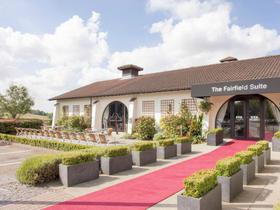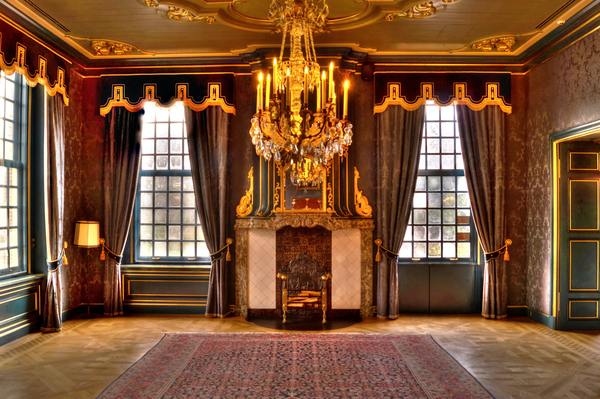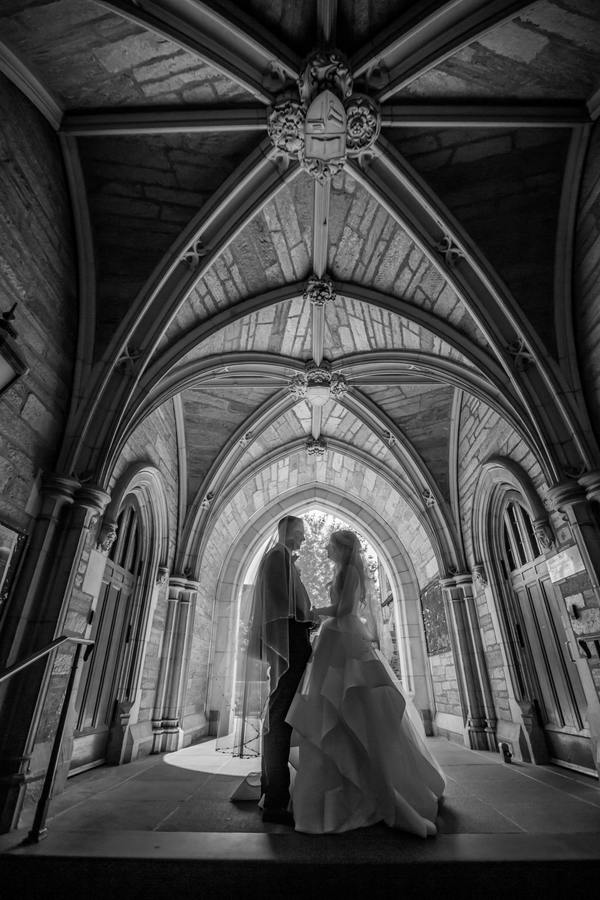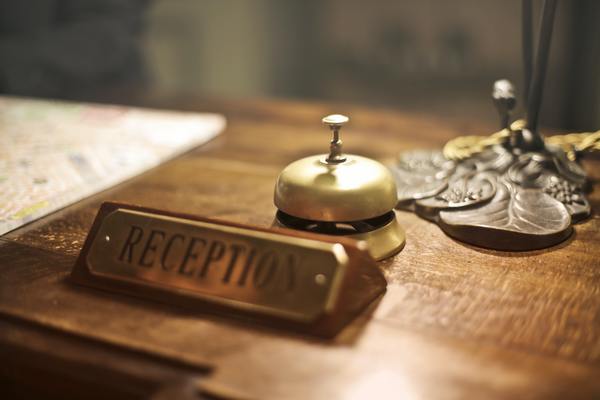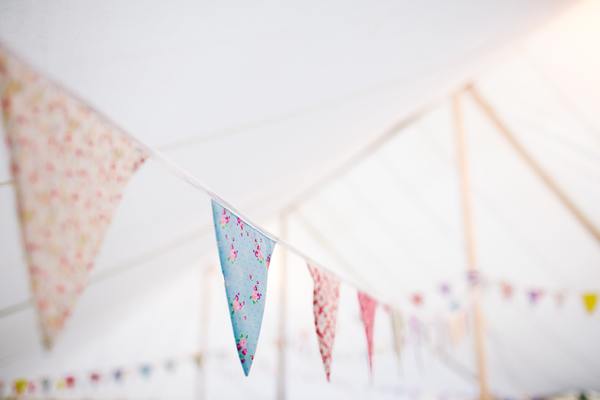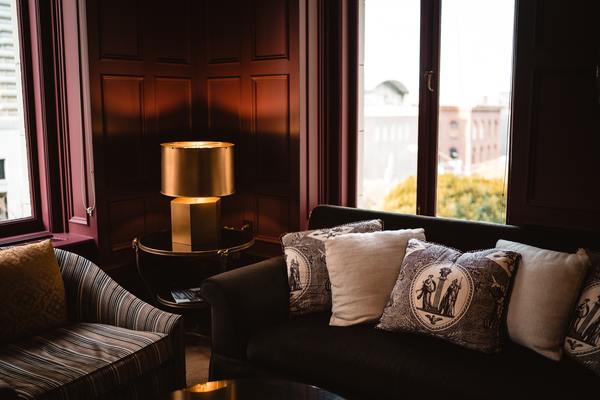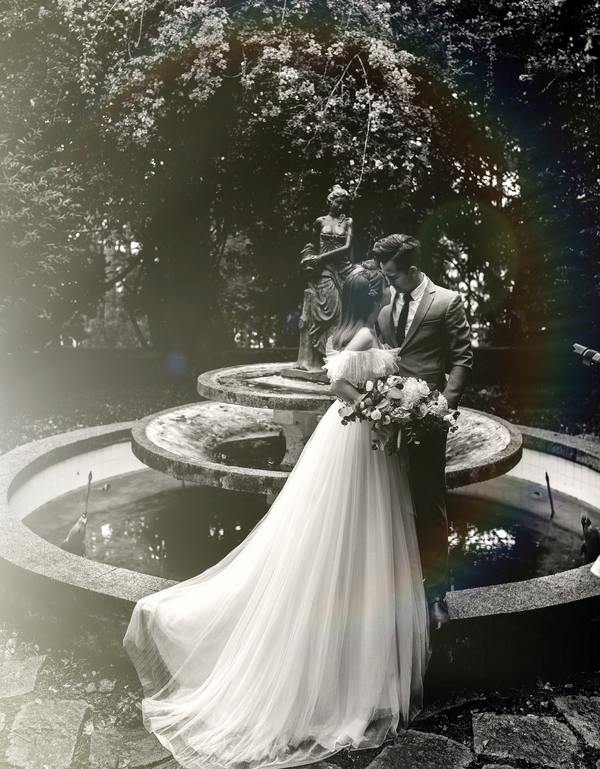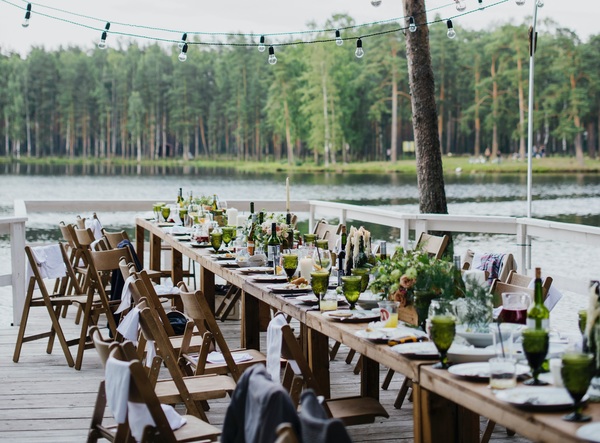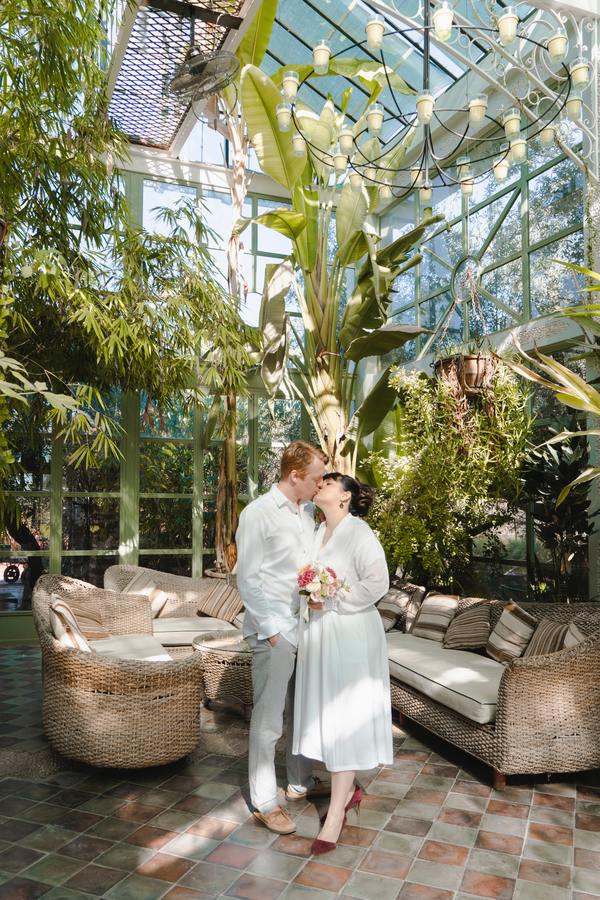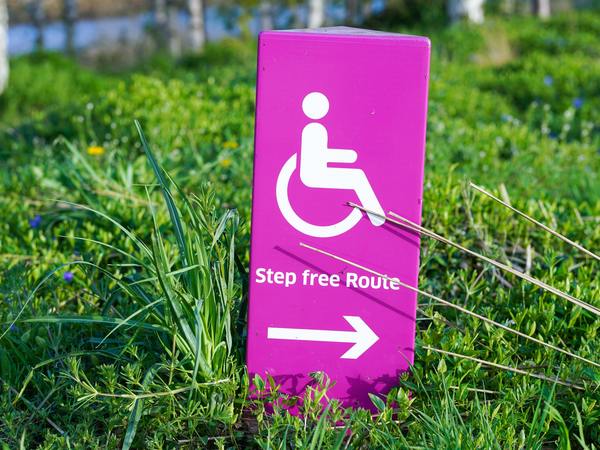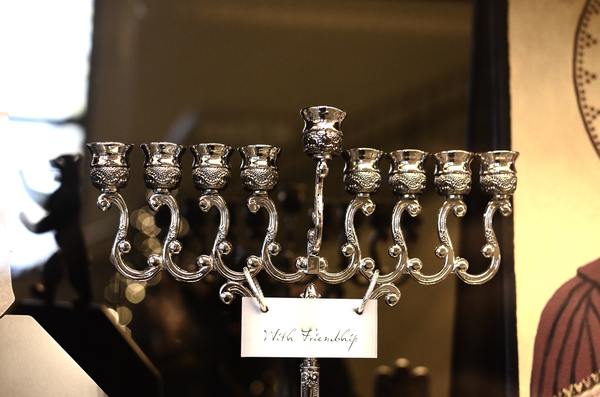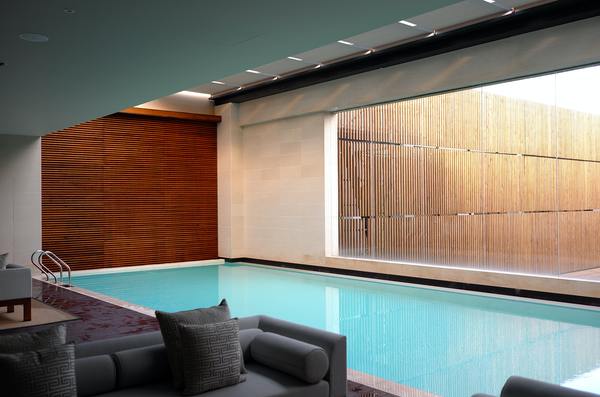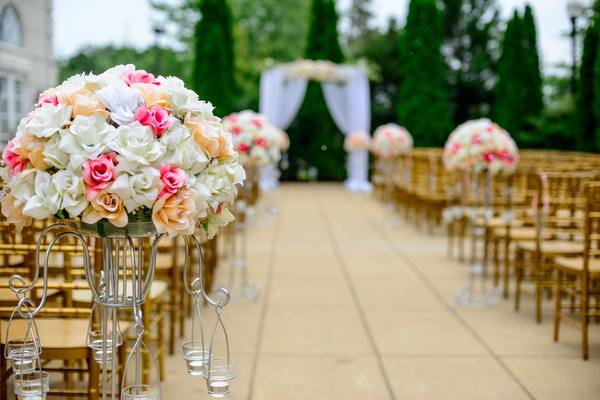Birmingham
England’s second city has undergone a dramatic makeover since the 1990s and its centre is full of pedestrian districts, modern buildings which sit among a huge collection of imposing Victorian landmarks, and -- as anyone there will tell you readily -- more canals than you’ll find in Venice! In the city centre these canals now form a redeveloped signature feature of the city. Towpaths and pedestrian bridges dating back 200 years run alongside the meeting point of several formerly-industrial waterways including a roundabout for narrow boats.
Birmingham is a lively cosmopolitan city with restaurants serving cuisines from all over the world, several universities, an extensive local transport network of trains and trams, and of course also Bournville, a neat and photogenic planned village designed and built by the patronage of the Quaker businesses who made and sold Cadbury’s chocolate all over the English-speaking world.
Being in the centre of England, Birmingham’s transport links are world-class. Trains from the newly-rebuilt New Street Station arrive from almost every other city in the UK. Moor Street Station, remodelled to look exactly as it did in the 1940s, provides an alternative and cheaper route to London. The international airport is a short distance from New Street by train and can be reached from most of the world, and the city is served by several major motorways to London, the south west of England, and northwards all the way to Scotland.
39 Wedding Venues in Birmingham meet your criteria

Overlooking the historic canal marina the Copthorne Hotel Merry Hill-Dudley is is a luxury hotel boasting a stunning waterfront location.

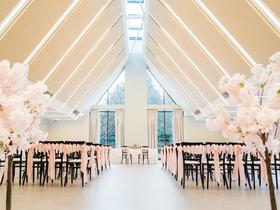
You have high expectations for your wedding day, and so you should. After all, you only get this one chance of your happy ever after.


Aston Hall is a breathtaking location for your wedding day! This exquisite mansion provides beautiful views and a truly unique environment to say your vows.
SVG not found
Birmingham
England’s second city has undergone a dramatic makeover since the 1990s and its centre is full of pedestrian districts, modern buildings which sit among a huge collection of imposing Victorian landmarks, and -- as anyone there will tell you readily -- more canals than you’ll find in Venice! In the city centre these canals now form a redeveloped signature feature of the city. Towpaths and pedestrian bridges dating back 200 years run alongside the meeting point of several formerly-industrial waterways including a roundabout for narrow boats.
Birmingham is a lively cosmopolitan city with restaurants serving cuisines from all over the world, several universities, an extensive local transport network of trains and trams, and of course also Bournville, a neat and photogenic planned village designed and built by the patronage of the Quaker businesses who made and sold Cadbury’s chocolate all over the English-speaking world.
Being in the centre of England, Birmingham’s transport links are world-class. Trains from the newly-rebuilt New Street Station arrive from almost every other city in the UK. Moor Street Station, remodelled to look exactly as it did in the 1940s, provides an alternative and cheaper route to London. The international airport is a short distance from New Street by train and can be reached from most of the world, and the city is served by several major motorways to London, the south west of England, and northwards all the way to Scotland.

